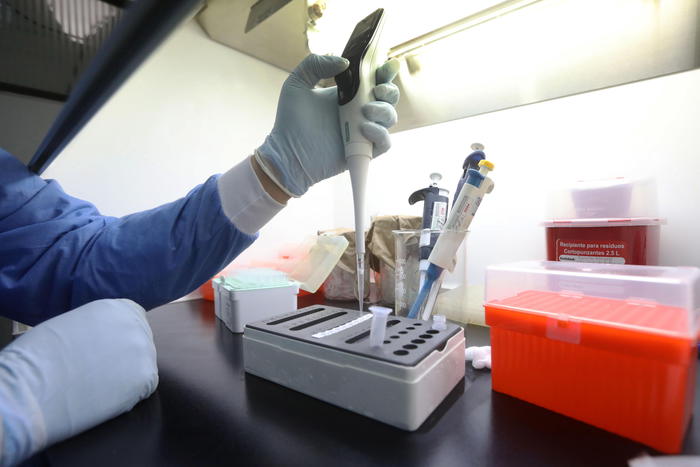(ANSA) - ROME, APRIL 12 - Immunotherapy can also be extended to patients who have 'resistant' colorectal cancer that does not respond to therapies.
This is the promise that comes from two studies just published in the journal Cancer Discovery, from researchers at the Candiolo Irccs Institute and from the University of Turin, and which is based on the discovery of two 'weak points' of this tumor.
The first, coordinated by Professor Alberto Bardelli, director of the Molecular Oncology Laboratory of Irccs Candiolo, and conducted by Dr. Giovanni Germano, shows the possibility of extending the effectiveness of immunotherapy even to patients who do not respond to treatment today, thanks to the combined therapy of two immunotherapeutic drugs still in the experimental laboratory phase.
The second, the result of a collaboration also coordinated by Bardelli and Dr. Sabrina Arena with the Wellcome Sanger Institute of Cambridge and with the Cancer Institute of Amsterdam, opens the way to the development of new treatments for patients who still have very few chances of healing, revealing a new pharmacological target, the Werner or Wrn enzyme, a 'helicase', that is a molecule responsible for 'dissolving' the double helix of the DNA of cancer cells, which helps them to multiply.
"We are trying to understand how we can go beyond resistance to therapies: we have discovered that by blocking the gene for helicase Wrn we overcome drug resistance in cancer patients", says Bardelli who underlines: "There are drugs in the phase of development against this specific helicase; the prospect is that these drugs are also effective in endometrial and stomach cancer, but it will take years before these therapies are available ".
The second study demonstrates the possibility of extending the efficacy of immunotherapy to more patients with colorectal cancer than those who currently benefit from it.
Immunotherapy, explains Bardelli, works when cancer cells present the antigen as a 'bar code' on their membrane and are thus discovered by the patient's immune system.
However, as an immune evasion mechanism, cancer cells hide the antigen and thus escape immunotherapy.
"We have shown on tumor models that do not respond to immunotherapics - says Bardelli - that by administering a double immunotherapy, the anti-Ctla-4 in addition to the classic anti-Pd-1, the tumor regresses, with relevant clinical relapses in the future".
(HANDLE).





/cloudfront-eu-central-1.images.arcpublishing.com/prisa/DIVX7BL6E5FR3M6YJQCNYTBK7E.jpg)








